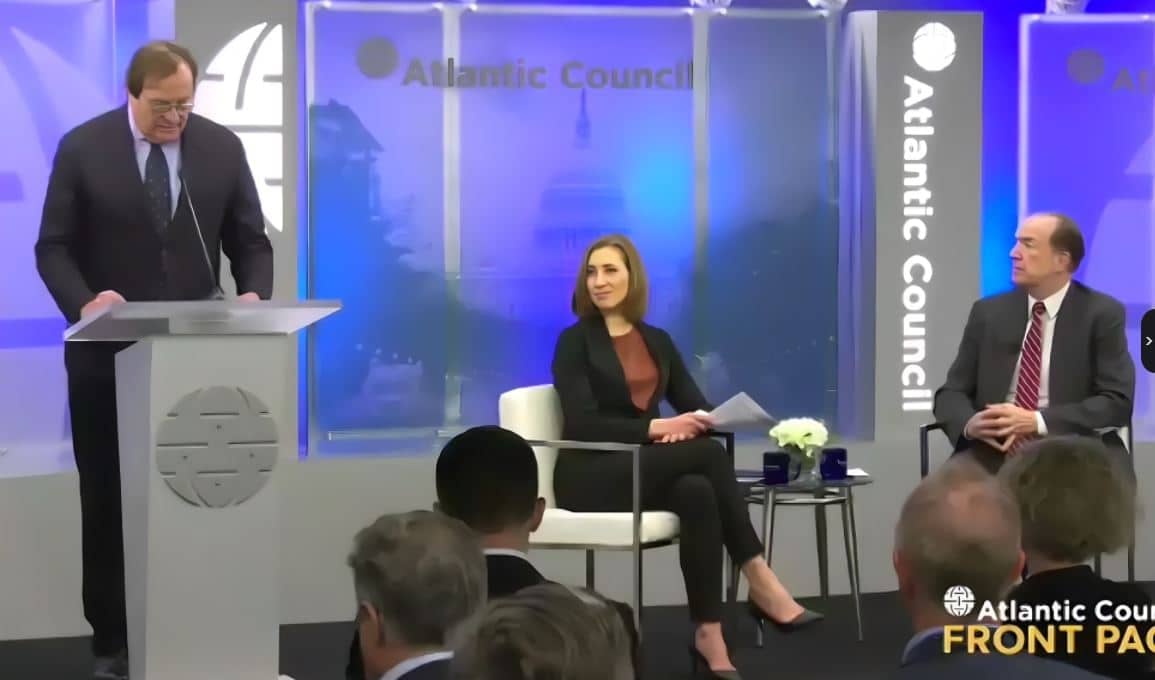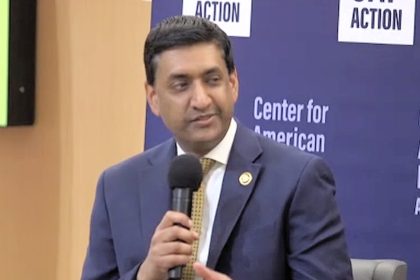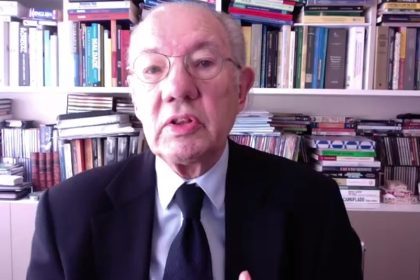World Bank President Warns of ‘A Lost Decade for Growth’

WASHINGTON — As World Bank President David Malpass prepares to leave his position in June 2023, he worries about the very real possibility of global recession, and he fears that the next 10 years could be “a lost decade for growth.”
“Our data shows [a] reversal in development,” Malpass explained at a recent Atlantic Council event. “That means poverty is higher … than five years ago, that education and literacy problems are worse than they were five years ago.”
And while the World Bank has tried to meet these problems from the lending side, he said, “there are record levels of commitments we’re doing in the world, but it’s a fraction of what’s needed.”
While there are many reasons for this, the COVID-19 pandemic and Russia’s invasion of Ukraine chief among them, Malpass warned that an end to these and other crises won’t necessarily put economies back on track as they were in the robust growth years pre-2020.
“Historically that was a unique period unlikely to ever return,” he said.
“Growth is the big problem,” he said, adding — hopefully — that this could be “an inflection point into some new [economic] growth model.”
But government fiscal deficits are ballooning, energy costs are only anticipated to rise as OPEC recently announced a voluntary reduction in oil production, and central banks around the world are raising interest rates to fight inflation.
“For 10 years, [interest] rates were zero and now they are not,” Malpass said. “The dislocation is huge.”
All of these are exacerbating challenges for financial markets and creating “very practical, on-the-ground problems countries are facing in [this] global financial uncertainty.”
Preventing a global recession, he suggested, will require global debt restructuring and increasing resources available to the World Bank.
“There hasn’t been much increase in ODA, [overseas development assistance],” he said.
“The U.S. is the biggest and most generous contributor to the World Bank — and we are super grateful for that — but it’s a flat, nominal contribution [of about $1.2 billion per year].”
China’s contributions, expanded in recent years, measure closer to $1.4 billion over a three-year period.
But as countries face increasing costs, the bank’s contributions from most shareholders and donors have been relatively flat.
“A giant challenge is that almost all of the capital in the world is staying in advanced economies … and not being used to advance economies around the world,” he said.
Funds are needed for World Bank high-priority activities, which include poverty reduction and boosting productivity.
“There needs to be much more production activity in order to break out of stagflation … and [we have to] replace stagflation with lots more production and a lower interest rate” to lift the world’s struggling economies, he insisted. “The world is not a welcoming place for developing nations right now.”
Malpass, who will be succeeded by former Mastercard Chief Executive Officer Ajay Banga, claimed that he is still “exploring opportunities” for his next post, but is “eager to get back to the private sector.”
Kate can be reached at [email protected]
























